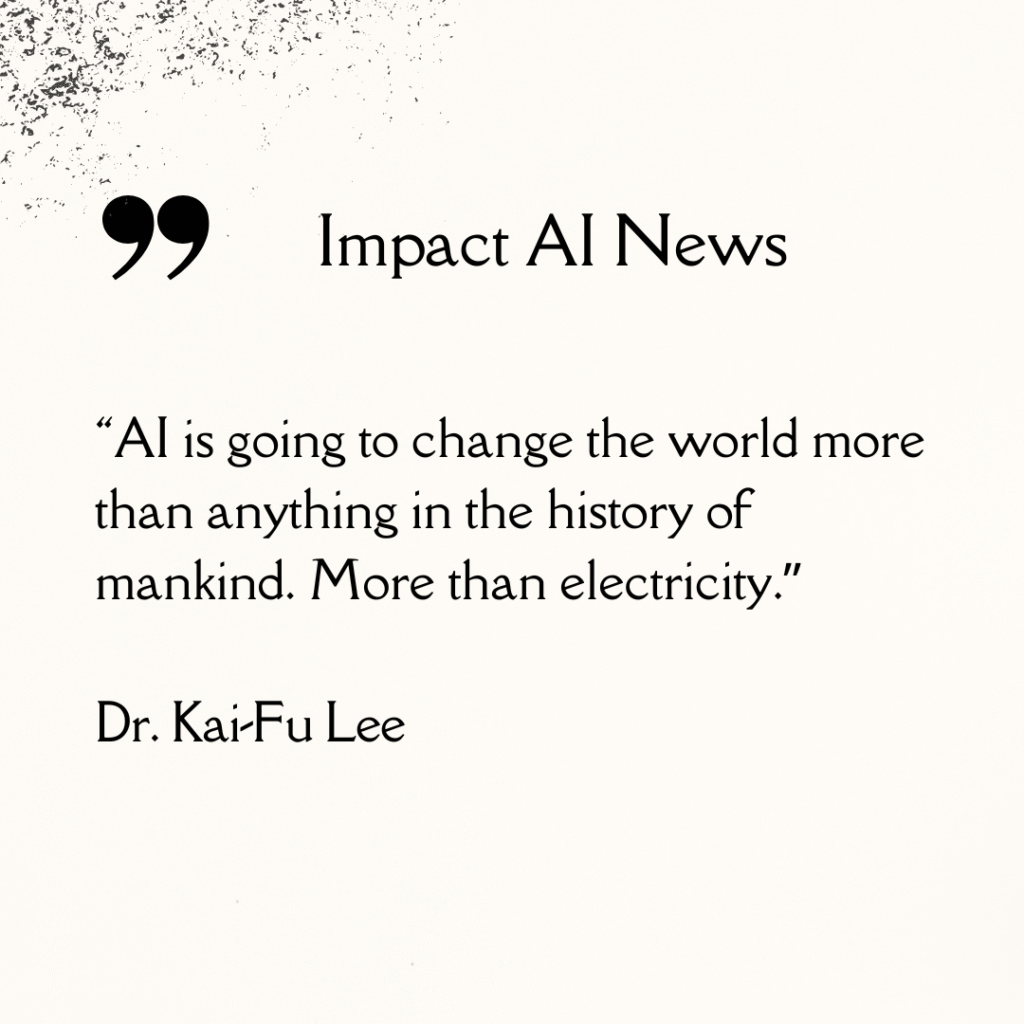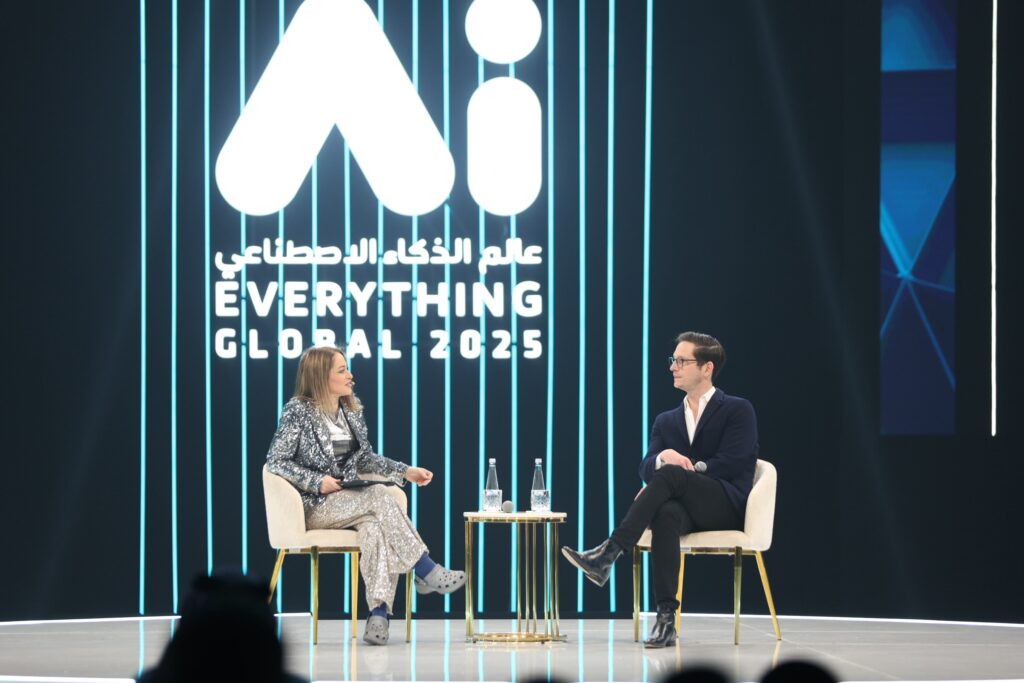
The year was 2016, and Eric Jagwara was in search of relevant short tech courses that could help him sharpen his tech skills. That was when he stumbled on data science, but he couldn’t afford the course. So, he let it go temporarily, but never lost interest. As a matter of fact, that fleeting encounter ignited a years-long obsession that would later turn him into one of Uganda’s foremost AI ambassadors.
At the time, Jagwara was pursuing a far more traditional career in civil engineering. Data science seemed interesting but distant, inaccessible even. But fate had other ideas. After graduation, a detour into Embedded Systems rekindled his curiosity in Data Science. He recalled how a colleague who had mentored him began integrating artificial intelligence into their projects. This nudged Jagwara ever closer to the field he had once walked away from.
“Before I knew it, I was doing embedded systems… then AI crept in. It was like the universe kept redirecting me,” he told ImpactAI News.
That ‘cosmic nudge’ eventually led him to Zindi, Africa’s largest data science community. It was here that things truly clicked. Hackathon after hackathon, Jagwara soon found himself immersed in real-world problems, including climate modelling, healthcare diagnostics, and agricultural optimisation. He solved them with AI tools he had once thought beyond his reach.
“At Zindi, I realised AI isn’t about degrees. It’s about solving real problems. That’s when I stopped feeling like an impostor.”
Today, Jagwara is Zindi’s country ambassador for Uganda, leading initiatives that bring AI to schools, startups, and grassroots innovators. His journey has evolved into a mission to turn Uganda’s AI buzz into breakthrough solutions.
AI as a Community Tool
Jagwara’s rise within the Zindi ecosystem wasn’t instant. It was a slow burn, built on participation, learning, and relentless curiosity. He told us about the unusual diversity in Zindi’s community, “I met doctors, surveyors, economists… people from non-tech backgrounds all using AI to solve complex problems. It opened my eyes.”
Each hackathon exposed him to a new sector. “One week I was learning about lung infections, the next it was weather prediction. I know things today that were never part of my degree.”
This interdisciplinary exposure transformed Jagwara from a participant to a builder and eventually a leader. As Uganda’s Zindi ambassador, he began organising challenges and mentoring newcomers. He also joined Young AI Leaders, a global initiative under the ITU’s AI for Good program, where he helps guide AI-powered grassroots innovations.
AI Beyond Hype and Webinars
Uganda, like many African countries, experienced an AI hype cycle during the ChatGPT boom. But to Jagwara, much of it felt superficial. “There were webinars everywhere, plenty talking but no real application. People didn’t even know what AI really was.”
Today, that’s changing, slowly. He discussed local innovationssuch as Makere University’s phone-based malaria detection tool, AI-assisted irrigation systems like EriKit, and fraud-detection tools in Ugandan banks. Jagwara himself contributed to Maxol Cooker, a solar-powered cooking system that uses AI to optimise energy use.
“These tools aren’t just impressive, they’re vital. We’re talking about real problems: malaria, food insecurity, and climate change. AI can help us solve them faster, better.”
Still, there are hurdles. Uganda’s data infrastructure is fragmented, with hospitals still using paper records and small businesses lacking digital bookkeeping. “AI needs data to function,” he said. “But when your shop doesn’t even have Excel sheets, where do we begin?”
He’s encouraged by initiatives like STI6, which is building open-data repositories in Uganda, and believes government digitisation must accelerate. “We’re done with hype,” he says. “Now, we build.”
His Vision for AI in Africa
When we asked Eric Jagwara about AI’s future in Africa, his response was that “AI is like electricity. On its own, it’s invisible. But plug it into something, say a phone, a farm, a health system, and it transforms everything.”
This belief powers his advocacy work. At TechBuzz Hub, he mentors young founders creating AI-powered startups. With Young AI Leaders, he runs Uganda’s first national hub, nurturing local talent. And with Zindi, he’s developing outreach programs for high schools to introduce AI early.
Jagwara’s approach is deeply practical. He encourages beginners to “just start” with curiosity and a willingness to apply what they learn. “AI isn’t a standalone field—it’s the tool that makes every field smarter.”
There are free resources everywhere, from Zindi hackathons to IBM and Microsoft learning paths. “Find your sweet spot. Maybe it’s natural language processing. Maybe it’s computer vision. Just dive in and apply it to something you care about.”
Stay ahead in the world of AI, business, and technology by visiting Impact AI News for the latest news and insights that drive global change.






